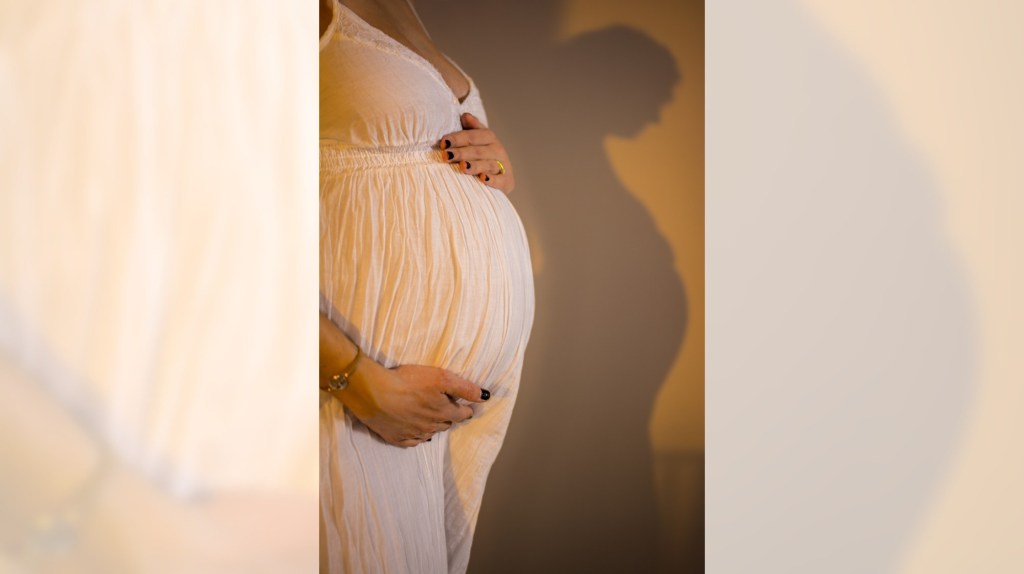Vanessa G. Sánchez | KFF Health News (TNS)
For pregnant Latinas, food choices could reduce the risk of preeclampsia, a dangerous type of high blood pressure, and a diet based on cultural food preferences, rather than on U.S. government benchmarks, is more likely to help ward off the illness, a new study shows.
Researchers at the USC Keck School of Medicine found that a combination of solid fats, refined grains, and cheese was linked to higher rates of preeclampsia among a group of low-income Latinas in Los Angeles. By contrast, women who ate vegetables, fruits, and meals made with healthy oils were less likely to develop the illness.
The combination of vegetables, fruits, and healthy oils, such as olive oil, showed a stronger correlation with lower rates of preeclampsia than did the Healthy Eating Index-2015, a list of dietary recommendations designed by the U.S. Department of Agriculture and the Department of Health and Human Services.
The study, published in February by the Journal of the American Heart Association, yielded important information on which food combinations affect pregnant Latinas, said Luis Maldonado, the lead investigator and a postdoctoral scholar at the Department of Population and Public Health Sciences at USC Keck. It suggests that dietary recommendations for pregnant Latinas should incorporate more foods from their culture, he said.
“A lot of studies that have been done among pregnant women in general have been predominantly white, and diet is very much tied to culture,” Maldonado said. “Your culture can facilitate how you eat because you know what your favorite food is.”
Preeclampsia is estimated to occur in about 5% of pregnancies in the U.S. and is among the leading causes of maternal morbidity, according to the Centers for Disease Control and Prevention. It typically occurs during the third trimester of pregnancy and is associated with obesity, hypertension, and chronic kidney disease, among other conditions.
There isn’t a…
Read the full article here







